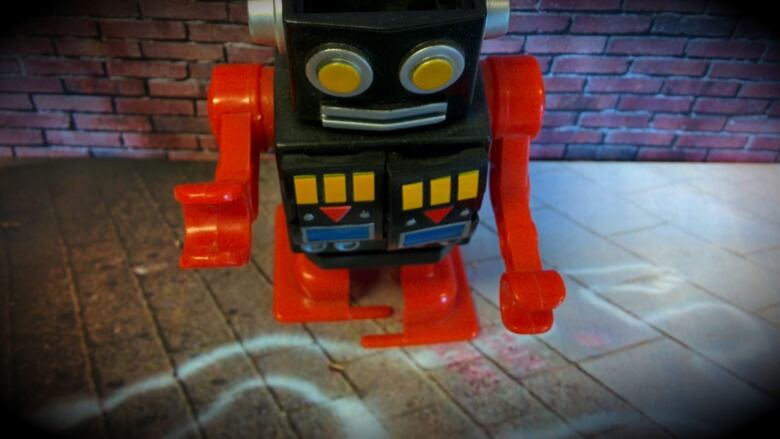The Sky(net) isn't falling. Yet.


We've come a long way with our smart machines. But we've got a long way to go before they become truly intelligent, as in having feelings, consciousness and free will.
Despite a rash of films and TV shows like Ex Machina, Her and the new HBO series, Westworld, the idea of self-aware robots rising up and taking over the world, at least any time soon, is "nonsense."
That's the view of Jerry Kaplan, who teaches AI at Stanford University and is widely regarded as one of the foremost experts on the development of artificial intelligence, or AI.
His latest book is called Artificial Intelligence: What Everybody Needs To Know.
Jerry says that what most people think of as AI is actually just an advanced form of automation. In other words, AI is just taking something humans can do and designing a machine that can do it better. But just because a self-driving car may soon be better at negotiating roads than a human, doesn't make it "intelligent," Jerry says.
That's because intelligence can't easily be measured. "It's like beauty, it's in the eye of the beholder," he says. "You can't test the IQ of a machine because you can't divide it by its age."
Moreover, we have very little understanding of what consciousness actually is. Despite that, we feel empathy toward our so-called smart objects because they speak to us and mimic human-like qualities, which allows us to anthropomorphize them. That's psychologically dangerous, he says.

Whether or not we will ever develop truly intelligent machines (and whether they will take over the world) requires us to really question and discover what intelligence -- and consciousness -- really is, says Jerry. "That won't happen in my lifetime."
Jerry's view isn't shared by everyone. Ilya Sutskever, the research director of OpenAI, a non-profit group committed to making artificial intelligence research accessible to everyone, says computer technology is quickly moving closer to being able to match the complexity of the human brain.
OpenAI, which is funded in part by Tesla and SpaceX founder Elon Musk, is encouraging scientists to work together to ensure that true, general intelligence, when it comes, is available fairly and not used as a tool to enrich some people and impoverish others.
Ilya suggests the idea of consciousness as a state of being can be mimicked in powerful computers, but these computers will likely need to learn their values from observing the behaviour of humans. "And that will be a challenge," he admits.

Nonetheless, he's optimistic that, as researchers get closer to developing computers or clusters of computers capable of matching the trillions of axons and neurons inside a human brain, the debate about values and how we program ethical behaviour will move to the forefront.
However, Ilya can't say exactly how long it will be before that happen. "Predicting the future is hard."

Win a copy of the book!
Want your own copy of Artificial Intelligence: What Everyone Needs to know?
Leave a comment below telling us when or whether you think we'll develop generally-intelligent computers -- and what might happen.
Contest closes Thursday November 17, 2016 at 5:00pm Eastern.